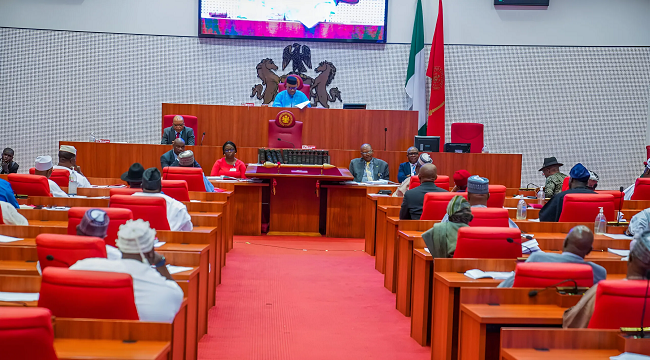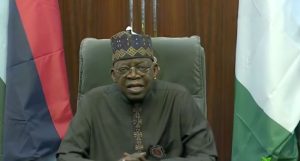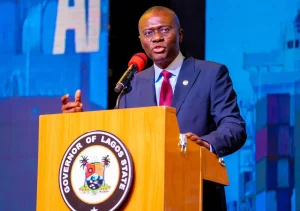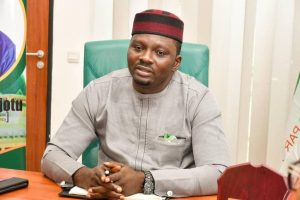The Senate has stepped in to mediate the ongoing dispute between the Academic Staff Union of Universities (ASUU) and the Federal Government following the union’s decision to embark on a two-week warning strike.
Chairman of the Senate Committee on Tertiary Institutions and TETFund, Senator Muntari Dandutse, announced the intervention after a closed-door meeting with ASUU officials at the National Assembly in Abuja on Friday.
Dandutse said the committee would engage key government agencies, including the Ministry of Education and the National Universities Commission (NUC), to fast-track negotiations aimed at resolving the crisis.
He acknowledged the lecturers’ frustrations over unaddressed demands, noting that the Senate understood the impact of continued disruptions on Nigeria’s higher education system.
“We are determined to find lasting solutions because our universities play a vital role in shaping the nation’s future,” Dandutse said. “We will ensure that these issues are handled with the seriousness they deserve.”
He added that the committee would also meet with the Minister of the Federal Capital Territory (FCT) to resolve the dispute over land belonging to the University of Abuja, which the union said had been wrongfully taken.
ASUU President, Professor Christopher Piwuna, confirmed that the union had commenced its warning strike earlier in the week. He explained that the core issues remained sustainable university funding, improved conditions of service, and respect for institutional autonomy.
“The challenges we’re addressing didn’t begin today. What we’re asking for is long-term commitment to funding and protecting the independence of our universities,” Piwuna said.
He urged the Senate to push for greater budgetary support to strengthen public universities and prevent further industrial actions.
Deputy Senate President Jibrin Barau, who also attended the meeting, reaffirmed the Senate’s resolve to ensure a quick resolution. He described education as the backbone of national development and stressed that President Bola Tinubu was committed to restoring stability in the sector.
“The president understands the urgency of this matter and is working to ensure that our students return to school without delay,” Barau said.
The current strike marks ASUU’s first major industrial action under the Tinubu administration, reviving long-standing concerns over funding gaps and poor infrastructure in Nigeria’s public universities.








